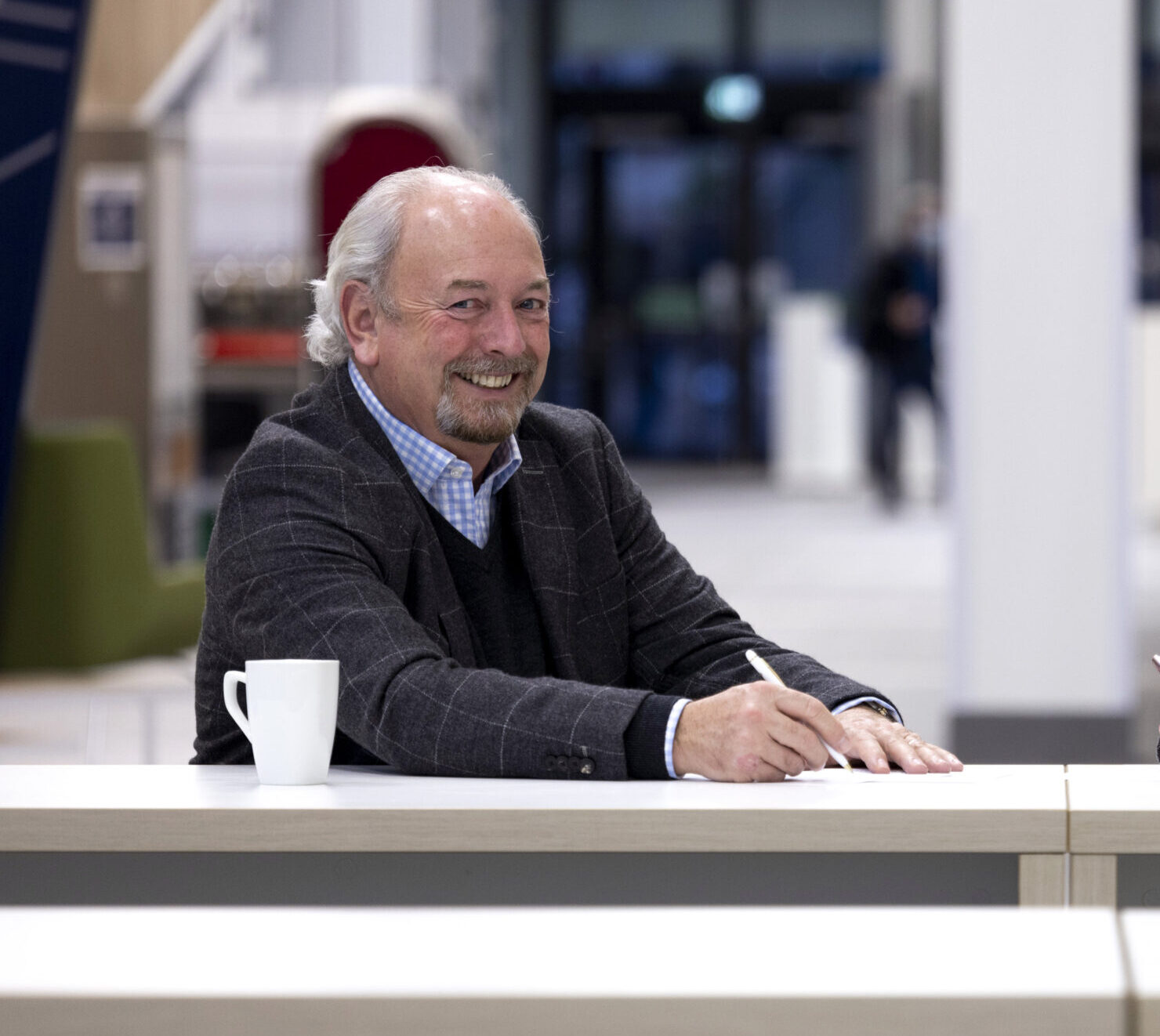In recent years, the field of organ transplantation has seen ground-breaking advances, particularly in the transplantation of hearts from Covid-positive donors. This new strategy has the potential to increase the available organ pool, providing life-saving opportunities to countless individuals on transplant waiting lists. Historically, hearts from brain-dead donors were subjected to extensive testing due to fears about left ventricular (LV) malfunction. However, accumulating data suggests that such dysfunctions are frequently temporary and reversible after transplant. According to a landmark Stanford University study, admitting hearts that are initially identified with LV failure could considerably increase acceptance rates while preserving patient safety and results. Additional research is needed to refine these selection criteria and improve clinical decision-making, but early results are encouraging for cardiac specialists, patients, and the transplant community as a whole. Dr. Khush clarifies: "We hope this data will reassure clinicians and transplant centers about the safety of using donor hearts with LV dysfunction." Meanwhile, xenotransplantation—the transplantation of tissues from animals into humans—has sparked widespread interest as a solution to the chronic supply- demand imbalance for healthy organs. Despite initial successes, significant challenges must be solved before this technique may become regular. Experts are constantly looking for ways to reduce hazards while increasing the therapeutic potential of these operations. A pioneering team has carried out the world's first pig-to-human heart transplant. Although the receiver died two months later, the process revealed vital information on genetically changing animal hosts, lowering immune system reactions, and ensuring long-term transplant survival. Continued attempts to improve procedures and handle ethical challenges point to a bright future for xenotransplantation. To summarize, the combination of using hearts from COVID-positive donors and advances in xenotransplantation is an exciting opportunity for revolutionizing the field of organ transplantation. Healthcare practitioners will be able to give superior care and enhance numerous lives for future generations if they continue to explore innovative approaches and encourage interdisciplinary collaborations.

The Potential of Hearts from COVID-Positive Donors: A Game Changer for Transplant Patients?
Popular Categories



